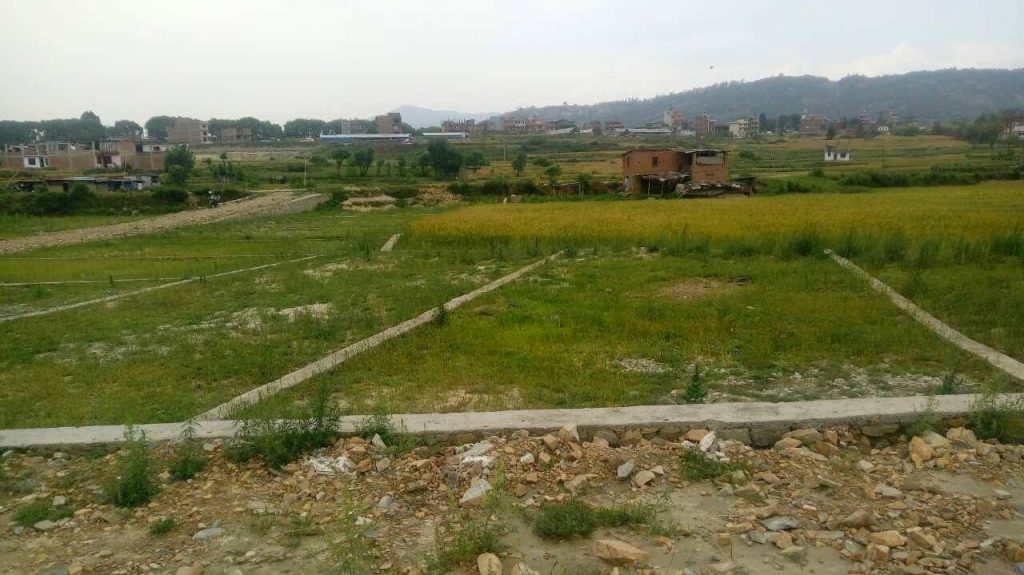KATHMANDU: During the Nepali month of Falgun, spanning from mid-February to mid-March, the real estate market in Nepal remained stable, mirroring the transactional trends observed in the preceding month of Magh.
Data provided by the Department of Land Management and Archives (DoLMA) indicates that the number of approved land ownership documents in Falgun stood at 49,287, a figure comparable to the 49,290 documents recorded in Magh.
A notable increase in transactions is evident when comparing Falgun of the current fiscal year to the previous year. An uptick of approximately 8,500 documents has been observed, with 40,734 documents approved in Falgun of the fiscal year 2079/80 BS.
Despite the steady transactional activity, revenue collection experienced a significant surge. In Falgun, revenue soared to Rs 3.95 billion from Rs 3.71 billion in Magh, marking an increase of approximately Rs 250 million. This growth represents a substantial Rs 390 million increase compared to Falgun of the previous year.
Magh emerged as the standout month for revenue generation in the current fiscal year, witnessing an increase of Rs 575 million compared to Poush (mid-December to mid-January).
In terms of land ownership document approvals, Inaruwa Land Revenue Office surpassed Janakpur, leading the pack with 2,006 approved documents in Falgun. Following closely, Janakpur approved 1,997 documents, with Bhadrapur, Belbari, Rajbiraj, Jaleshwar, and Malangwa also recording significant figures.
Within the Kathmandu Valley, Bhaktapur Land Revenue Office took the lead in document approvals, with 971 documents sanctioned in Falgun. Similarly, Lagankhel emerged as the top revenue collector in both Falgun and Magh.
In Falgun, Lagankhel collected Rs 357.77 million, followed by Chabahil, Bhaktapur, Kalanki, and Dillibazar. Notably, Chitwan, Kaski, and Inaruwa also contributed substantially to revenue generation.
The sustained stability in the real estate market, coupled with the marked increase in revenue collection, reflects a positive outlook for Nepal’s property sector. These trends not only signify investor confidence but also highlight the resilience of the real estate market amid evolving economic dynamics.

